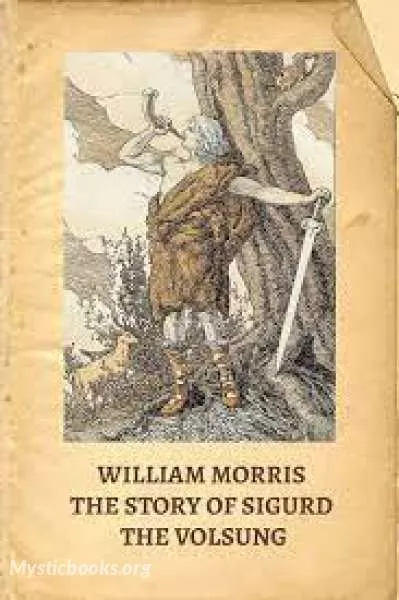
The Story of Sigurd the Volsung and the Fall of the Niblungs
'The Story of Sigurd the Volsung and the Fall of the Niblungs' Summary
Book I: Sigmund
The poem opens with the marriage of king Volsung's daughter Signy to Siggeir, king of the Goths. The bridal feast is interrupted by the arrival of a stranger, the god Odin in disguise, who drives a sword into a tree-trunk. Though everyone tries to draw the sword, Volsung's son Sigmund is the only man who can do it. The disappointed Siggeir takes his new wife home, inviting Volsung to visit him. When Volsung does so he is killed by Siggeir, and his sons are taken prisoner. While in captivity they are all killed by a wolf, apart from Sigmund who escapes into the forest. Signy sends Sigmund her two sons to help him in avenging their family, but Sigmund only accepts Sinfjotli, the hardier of the two. Sigmund and Sinfjotli kill Siggeir and burn down his hall, then return to their ancestral home, the hall of the Volsungs. Sigmund marries Borghild, while Sinfjotli goes abroad with Borghild's brother, quarrels with him, and kills him. On his return Sinfjotli is poisoned by Borghild, and she is turned out by Sigmund, who instead marries Hiordis. Sigmund is killed in battle, and the pregnant Hiordis is taken to live in the hall of King Elf in Denmark.
Book II: Regin
There she gives birth to Sigurd. Sigurd is raised by Regin, a cunning old man, and when he grows to manhood he asks for a horse from King Elf. Elf bids him choose the one he likes best, and Sigurd takes the best horse, and names it Grani. Sigurd is now urged by Regin to attack Fafnir, a dragon who guards a hoard of gold. This treasure is a curse to all who possess it. Fafnir, Regin says, was originally a human being; indeed, the dragon was Regin's brother and thus the gold rightfully belongs to Regin. He tries and fails to forge an adequate sword for Sigurd, but Sigurd produces the shattered fragments of Odin's sword, which he has inherited from Sigmund, and from these fragments Regin forges a mighty sword, named "the Wrath" by Sigurd. Sigurd makes his way to Fafnir's lair, kills him, drinks his blood, and roasts and eats his heart. This gives him the power to understand the voices of birds and to read the hearts of men. He now understands that Regin intends to kill him, and so he kills Regin and takes Fafnir's treasure for himself. On his journey homeward Sigurd comes across an unearthly blaze on the slopes of Hindfell. He rides straight into it and comes unharmed to the heart of the fire, where he finds a beautiful sleeping woman clad in armour. He wakes her, and she tells him that she is Brynhild, a handmaiden of Odin whom he has left here as a punishment for disobedience. They pledge themselves to each other, Sigurd places a ring from Fafnir's hoard on her finger, and he leaves.
Book III: Brunhild
The scene changes to the court of Giuki, the Niblung king. Giuki's daughter Gudrun has a dream in which she encounters a beautiful but ominous falcon and takes it to her breast. Anxious to learn the meaning of the dream she rides to visit Brynhild, who tells her that she will marry a king, but that her life will be darkened by war and death. Gudrun returns home. Sigurd revisits Brynhild and they again declare their love for each other. He then rides to the Niblung court, where he joins them in making war on the Southland, winning great glory for himself. The witch Grimhild, Gudrun's mother, gives Sigurd a potion that makes him fall in love with Gudrun. Completely under her spell, he marries her and sets out to win Brynhild for Gudrun's brother Gunnar. Visiting Brynhild again, this time magically disguised as Gunnar, and again penetrating the fire that surrounds her, he reminds her that she is promised to whoever can overcome the supernatural fire, and so deceives her into reluctantly vowing to marry Gunnar. Brynhild goes to the Niblung land and carries out her promise. She is distraught at this tragic outcome, and doubly so when Gudrun spitefully tells her of the trick by which Sigurd deceived her into an unwanted wedding. Brynhild now urges Gunnar and his brothers Hogni and Guttorm to kill Sigurd. Guttorm murders Sigurd as he lies in bed, but the dying Sigurd throws his sword and kills Guttorm as he leaves. Brynhild, filled with remorse, commits suicide so that she and Sigurd can be burned on a single funeral pyre.
Book IV: Gudrun
The widowed Gudrun now marries Brynhild's brother, king Atli, but as the years pass by her memories of Sigurd do not fade, and she longs for vengeance. She reminds Atli of Fafnir's hoard and urges him to win it for himself. Atli invites the surviving Niblung brothers to a feast, and when they arrive he threatens them with death if they do not give him the treasure. Gunnar and Hogni defy him to do his worst, and a battle breaks out in Atli's hall. The Niblung brothers are overwhelmed by superior force, tied up and killed. Atli holds a victory-feast, at the end of which he and all his court lie sleeping drunkenly in the hall. Gudrun, having lost everyone she loves, burns down the hall, kills Atli with a sword-thrust, and throws herself from a cliff to her death.
Book Details
Authors
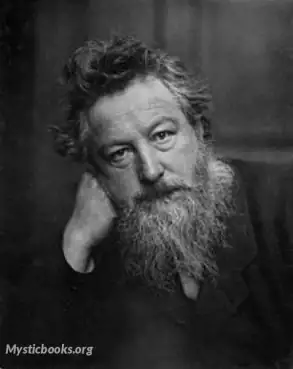
William Morris
England
William Morris was a British textile designer, poet, artist, novelist, translator and socialist activist associated with the British Arts and Crafts Movement. He was a major contributor to t...
Books by William MorrisDownload eBooks
Listen/Download Audiobook
- Select Speed
Related books

Aeneid of Virgil by Virgil
The Aeneid, a twelve-book epic poem by Virgil, recounts the journey of Aeneas, a Trojan hero, after the fall of Troy. Driven by fate and the gods, Aen...
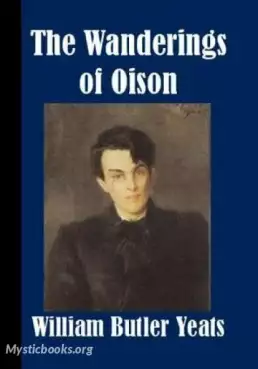
The Wanderings of Oisin by William Butler Yeats
The Wanderings of Oisin is a poignant and beautifully written poem that explores themes of love, loss, and the passage of time. It remains one of Yeat...

Ὁμήρου Ὀδύσσεια (Ραψῳδία 22) - The Odyssey (Book 22) by Homer
The Odyssey is an epic poem attributed to Homer, describing the journey of Odysseus, a Greek hero, who spends ten years trying to return home after th...
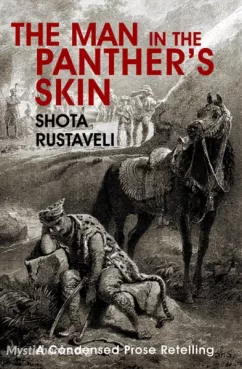
The Man in the Panther's Skin by Shota Rustaveli
It is a captivating adventure tale that takes readers on a journey through ancient lands filled with heroic knights, noble quests, and timeless values...
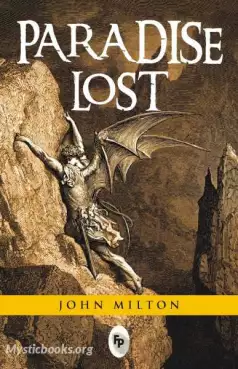
Paradise Lost by John Milton
Magnificent in its scale and scope, this monumental poem by the blind poet John Milton was the first epic conceived in the English language. It descri...

Divina Comedia by Dante Alighieri
The Divine Comedy is an epic poem by Dante Alighieri, first written in the early 14th century. It is widely considered one of the greatest works of wo...
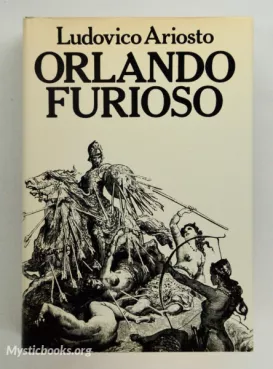
Orlando Furioso by Ludovico Ariosto
In the enchanting realm of chivalry and romance, a whirlwind of epic adventures awaits you in "Orlando Furioso" by Ludovico Ariosto. Step into a world...
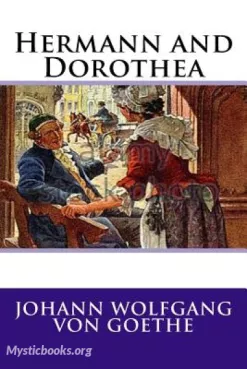
Hermann and Dorothea by Johann Wolfgang von Goethe
Love blossoms amidst the chaos of the French Revolution. Hermann and Dorothea is an epic poem by Johann Wolfgang von Goethe, one of the greatest Germ...

The Giaour by George Gordon, Lord Byron
The Giaour is a poem by Lord Byron first published in 1813 by John Murray and printed by Thomas Davison. It was the first in the series of Byron's Ori...
Reviews for The Story of Sigurd the Volsung and the Fall of the Niblungs
No reviews posted or approved, yet...
